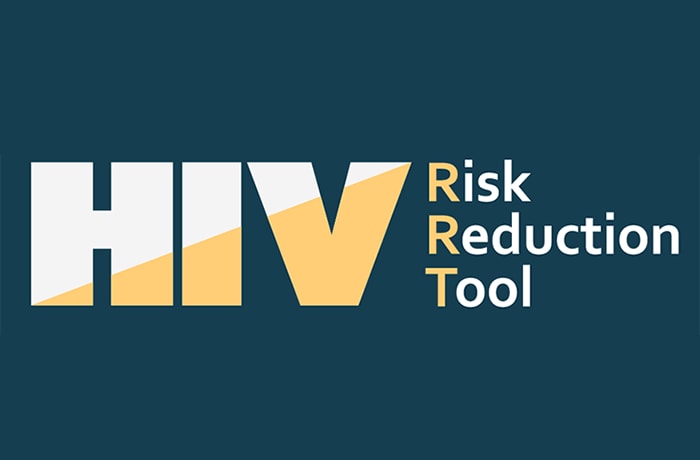Telling Others

In some states, there are lawsexternal icon that require you to share your HIV status with your sex or injection partners. Sharing your status with anyone else is your choice.
Sex or Injection Partners
Telling your partners that you have HIV before you have sex or inject drugs may be uncomfortable. But doing so protects you under the law. It also allows your partners to make decisions that can protect their health.
You should also tell your current or former partners if you’ve been diagnosed with another sexually transmitted disease (STD). This lets them know that they should also get tested for other STDs.
There are a few ways to let your partners know:
You tell your partners.
- These conversations can be hard. You may have been exposed to HIV by one of your partners, or you may have exposed one or more of them without knowing.
The health department tells your partners.
- This is sometimes called “Partner Services.”
- Health department staff tell your current and former partners that they may have been exposed to HIV.
- The health department will provide your partners with testing, counseling, and referrals for other services.
- Partner Services programs are available through health departments and some medical offices and clinics.
- Your health care provider, social worker, case manager, patient navigator, or HIV testing center can help you find a Partner Services program.
Health Care Providers
Health care providers and other HIV service providers need to know so they can support you and protect themselves.
- They can help make sure you have access to the health care services that you need.
- They will remember to be very careful and take precautions such as wearing gloves to avoid direct contact with blood.
Family and Friends
Sharing your HIV status with certain family members and friends has emotional and practical benefits.
- Your family and friends can help you deal with an HIV diagnosis.
- They can support you with the longer-term issues of treatment.
- They can help you disclose your status to others.
- They can speak for you in case of an emergency.
- They can help you navigate the medical system.
Employers
You do not have to tell your employer.
- But you may want to share your status in case you need to take extended leave or alter your schedule. By law, your disclosure is confidential.
- Learn about disclosure, confidentiality, and the lawexternal icon.
- Your state health department can also share your state’s laws and how they apply to disclosure.

